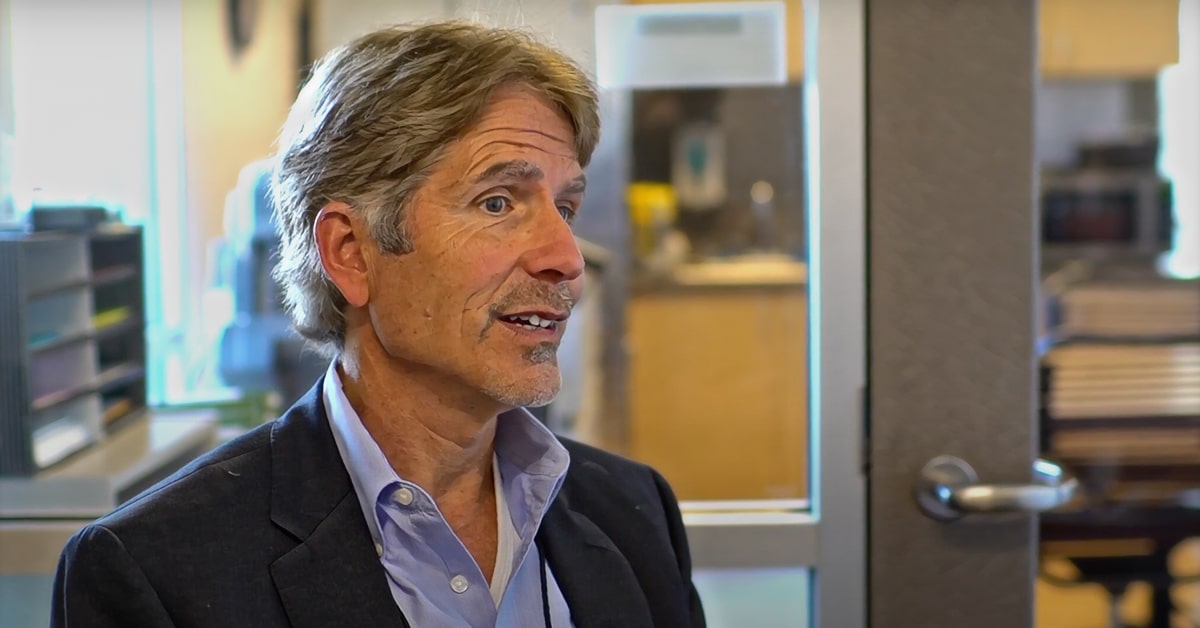
By
Ron Berger, Expeditionary Learning Chief Academic Officer, explains the natural tendency for students to analyze and critique subjects outside of the classroom and how that tendency can be channeled into critiquing their work in a meaningful way.
[MUSIC PLAYING] There’s an interesting phenomenon I see which is that teachers who would complain my kids don’t like critique or they don’t do critique that well in class or they don’t use their critique time well, are not recognizing that in almost all of their downtime, when students are away from them in the hallways, in the cafeteria, on the bus, sitting outside of school, they’re critiquing non-stop. Like that’s what they do.
They critique music. They critique clothes. They critique sports like they’re obsessed with critique. Kids spend their time sitting together discussing videos that they’ve seen on YouTube, music that they’ve just downloaded, video games that they’re playing with each other, sports that they watched on TV last night. They’re always critiquing. Like kids love critiquing.
And then these are the same kids of the teachers that my kids don’t really like critique like that because we are not tapping in to that hunger in kids to analyze and critique and sort of pull apart things that they care about that the kids have the spirit for critique naturally.
And then when they’re adolescents they particularly have it. Like they’ll spend forever critiquing clothing and hair, and all these kind of things that can be even destructive for them because they’re so obsessed with critique. Can we tap into that sort of spirit of exciting critique and make it sort of a part of the culture of the classroom all the time?